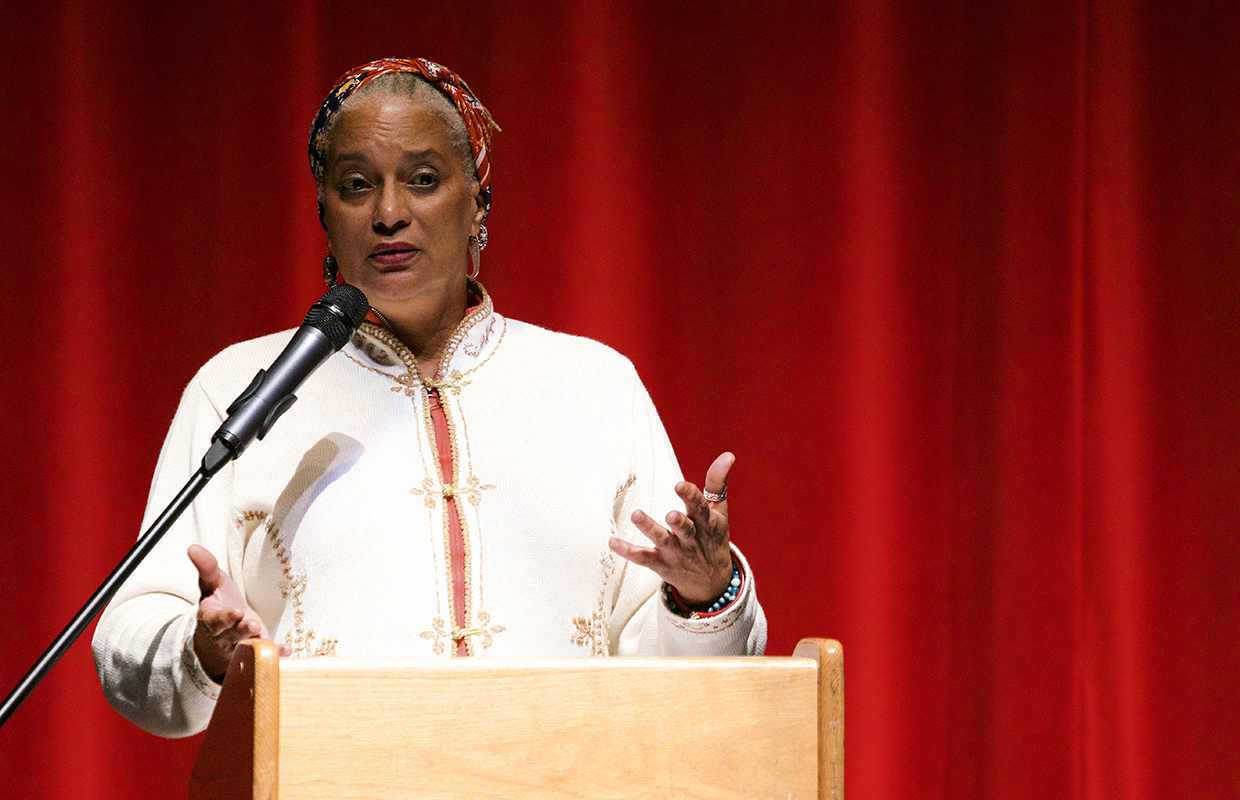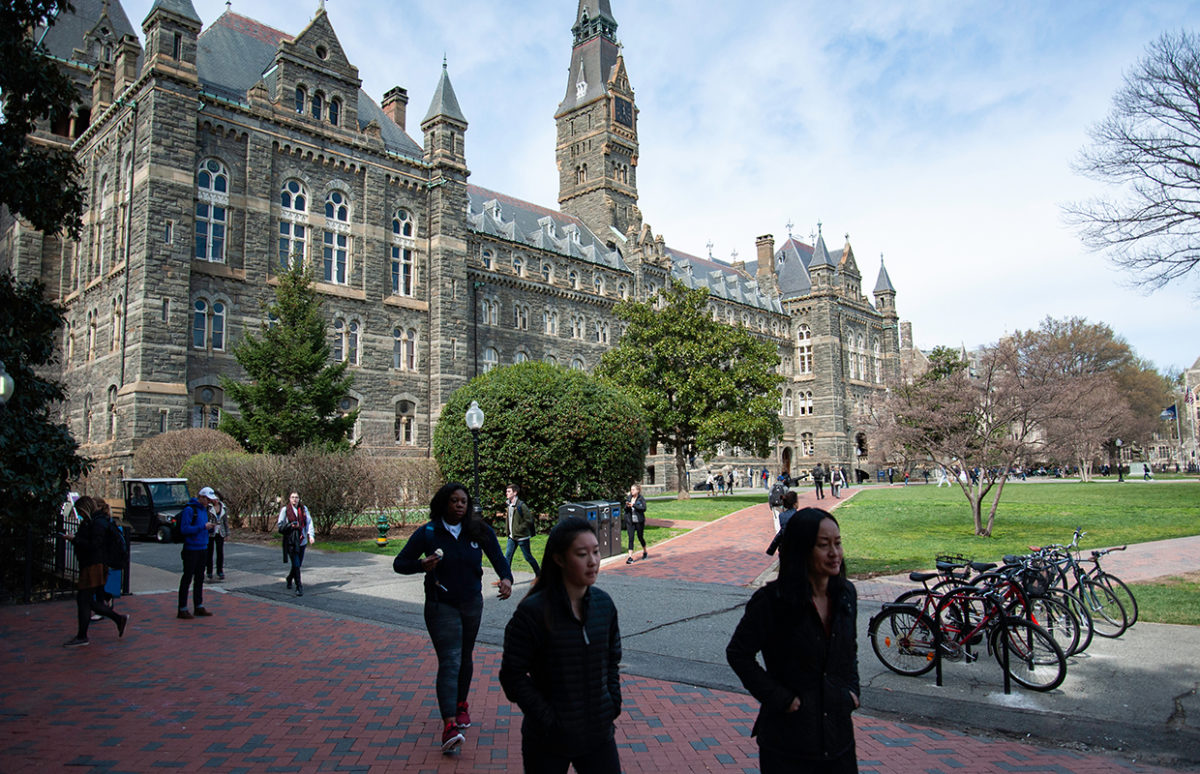Students at Georgetown University in Washington, DC, have voted to pay reparations to the descendants of 272 slaves sold by the Jesuit university in 1838. A long-running campaign by students has identified descendants of the 272, who were sold to plantations in Louisiana. A student referendum voted for each student to pay a small amount each semester into a charitable fund.
Georgetown isn’t the only university that held slaves or benefited from profits from slavery. Almost all of the U.S.’s most venerable institutions, founded before the Civil War, have slavery connections. What is specific about Georgetown is that as a religious institution it had decided to baptise the slaves. So there are full names for the 272 and that has allowed local genealogists and investigative journalism students to trace their descendants — about 8000 so far. Many of them live in or around the town of Maringouin in Louisiana, the site of the plantation their ancestors were sold to. It has an average household income far below the national average.
The campaign around the GU272 has been going on since 2015 and the University has made some moves to try to break with its past. The university, which didn’t admit its first black students till the late 1940s, has renamed buildings associated with slaveowners with the names of slaves, and has facilitated admission to to Georgetown for the descendants of slaves in the same way as for the families of graduates. However there is no associated funding — prospective students still have to find the money for the full fees.

Mélisande Short-Colomb was well-versed in her family history and helped genealogists trace many of the other descendants of the 272. At the age of 63, the former executive chef decided to study at GU, one of six students so far to benefit from the new admissions policy. She actively participated in the referendum campaign.
The student organisation that proposed the reparations chose the amount for the bi-annual contribution with an eye to symbolism —$27.20 for the 272. Though it would then be adjusted for inflation. It represents just is only one-tenth of one per cent of the average tuition per semester.T
They believe the contributions would come to about $400,000 a year. In contrast, the University pays its men’s basketball coach almost $4 million annually. Decisions on how the fund should be spent would be taken by a joint committee of descendants and students.
In the referendum in April students voted 68% in favour of the contributions. The University has not announced whether they will put the vote into practice.
The vote at Georgetown has attracted particular attention since several of the candidates for the 2020 Democratic presidential nomination have voiced their support for more general reparations for African American descendants of slaves.
 This article would work well with Shine Bright 2e File 19: "Breaking the Chains", about how American society deals with the legacy of slavery.
This article would work well with Shine Bright 2e File 19: "Breaking the Chains", about how American society deals with the legacy of slavery.Copyright(s) :
Sharkshock/Shutterstock
Georgetown University
Tag(s) : "African American" "civil rights" "Georgetown University" "reparations" "Shine bright 2e" "slavery" "U.S. history" "U.S. politics"






